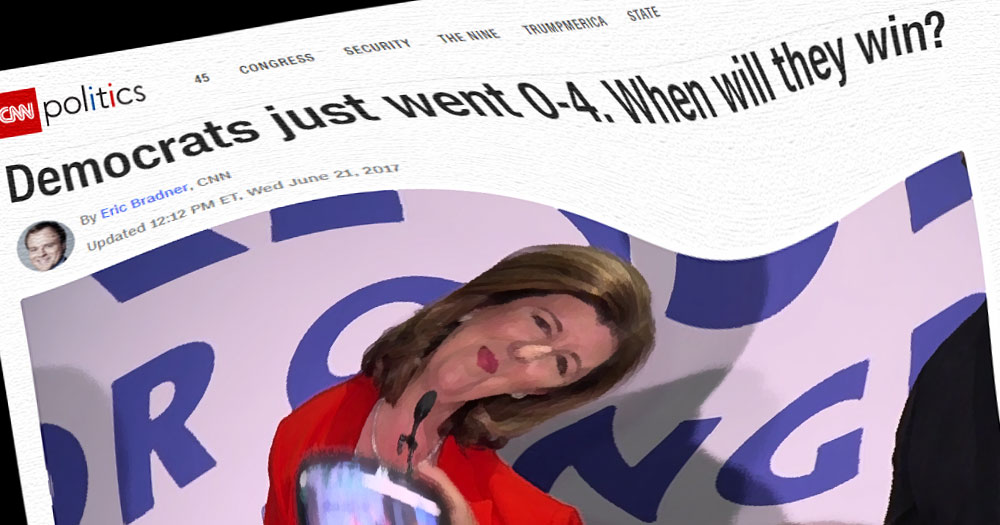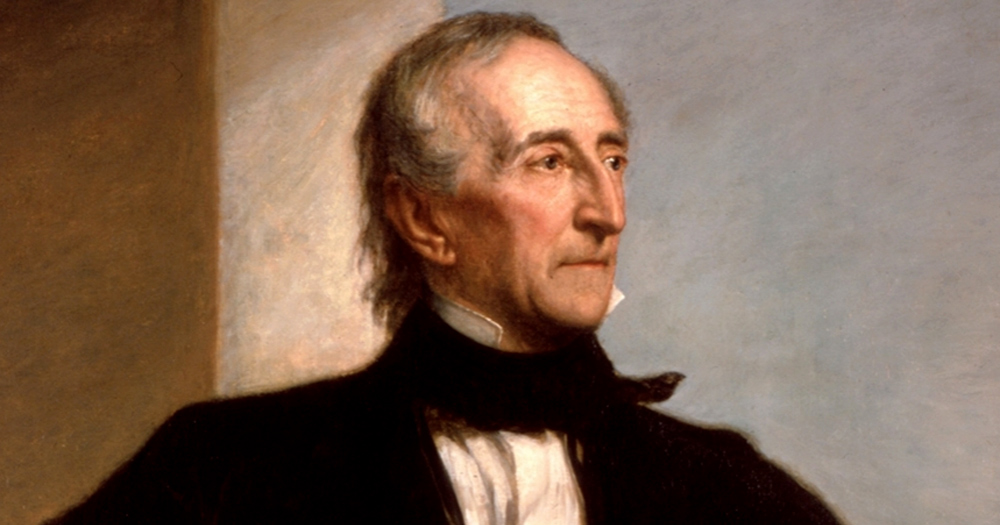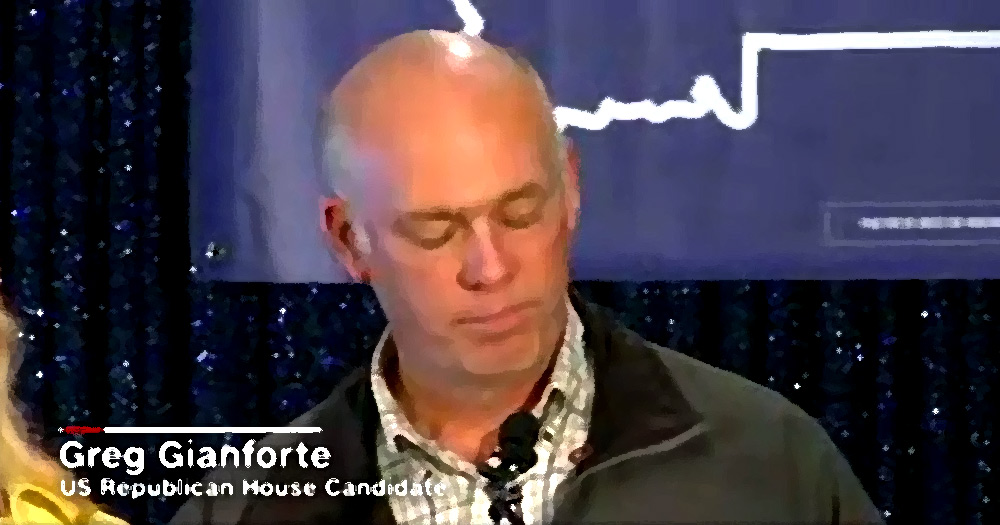Democrats had high hopes. Their come-back after the 2016 defeats seemed near at hand. After all, Trump is proving increasingly erratic and incompetent, and the Republican mis-handling of the ObamaCare repeal appears to be a disaster of ginormous proportions.
How could they not start taking seats in Congress back?
There were four open seats requiring new votes this late Spring. “Democrats tried an inoffensive moderate message in Georgia,” CNN’s Eric Bradner informs us. “They ran a banjo-strumming populist in Montana. They called in the cavalry in South Carolina and tried to catch their foe sleeping through a long-shot in Kansas.”
Democrats failed, 0-4.
Why? Well, the congressional vacancies were made by the new president’s appointments, and he may have targeted those districts that were especially safe. Nevertheless, CNN notes, “[t]he party got closer than it has in decades to winning some of the four seats — a sign they’ve closed their gaps with Republicans in both suburban and rural areas. . . .”
But there is a lesson here that CNN did not draw from the debacle. The much-lamented Georgia race, in which Jon Ossoff lost to Republican Karen Handel, was a race in which Ossoff out-spent Handel six to one in what is called “the most expensive House race in history.” And yet, somewhat oddly and perhaps hypocritically, Ossoff, the bigger spender, went on air complaining about money in politics.
All that moolah did not push him over the top. Ossoff and the Democrats — as well as the feckless Republican majority — might look for fewer excuses and stand for something voters actually want.
This is Common Sense. I’m Paul Jacob.











